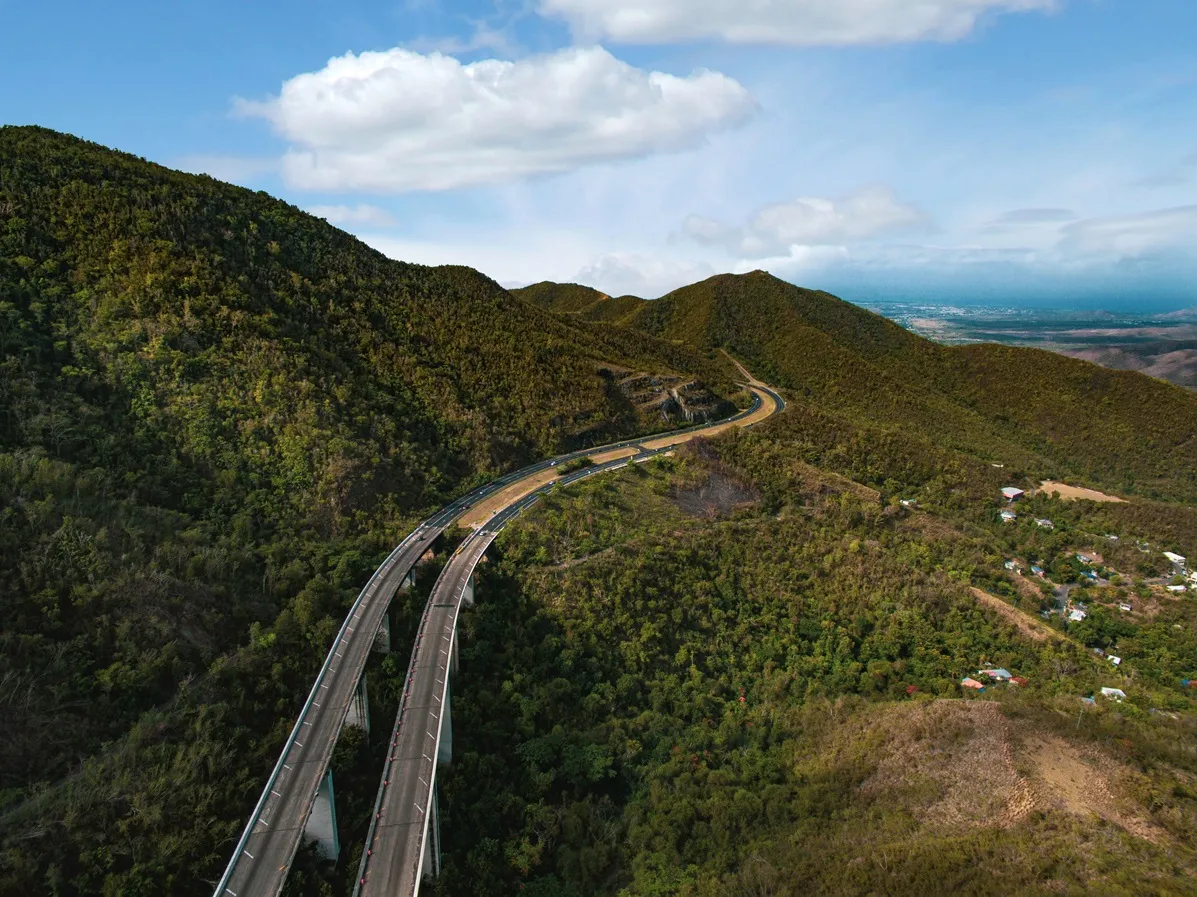Two consortiums bid for Colombia's US$927 million Conexión Pacífico 1 highway concession, which is the first project under the Autopistas para la Prosperidad program and part of the country's fourth generation (4G) of concessions.
The Pacífico 1 four-lane stretch will run 49 kilometres from Ancón Sur to Bolombolo, and includes the construction of two tunnels and 42 bridges. The Autopistas para la Prosperidad, or highways for prosperity program involves building some 900 kilometres of four-lane highways,
April 17, 2014
Read time: 1 min
Two consortiums bid for Colombia's US$927 million Conexión Pacífico 1 highway concession, which is the first project under the Autopistas para la Prosperidad program and part of the country's fourth generation (4G) of concessions.
The Pacífico 1 four-lane stretch will run 49 kilometres from Ancón Sur to Bolombolo, and includes the construction of two tunnels and 42 bridges. The Autopistas para la Prosperidad, or highways for prosperity program involves building some 900 kilometres of four-lane highways, 63 kilometres of bridges and 90 kilometres of tunnels.
Currently, national infrastructure agency ANI has nine highways in the tendering process under its 4G program, and Pacífico 1 is the second of these to receive bids.
The Pacífico 1 four-lane stretch will run 49 kilometres from Ancón Sur to Bolombolo, and includes the construction of two tunnels and 42 bridges. The Autopistas para la Prosperidad, or highways for prosperity program involves building some 900 kilometres of four-lane highways, 63 kilometres of bridges and 90 kilometres of tunnels.
Currently, national infrastructure agency ANI has nine highways in the tendering process under its 4G program, and Pacífico 1 is the second of these to receive bids.








